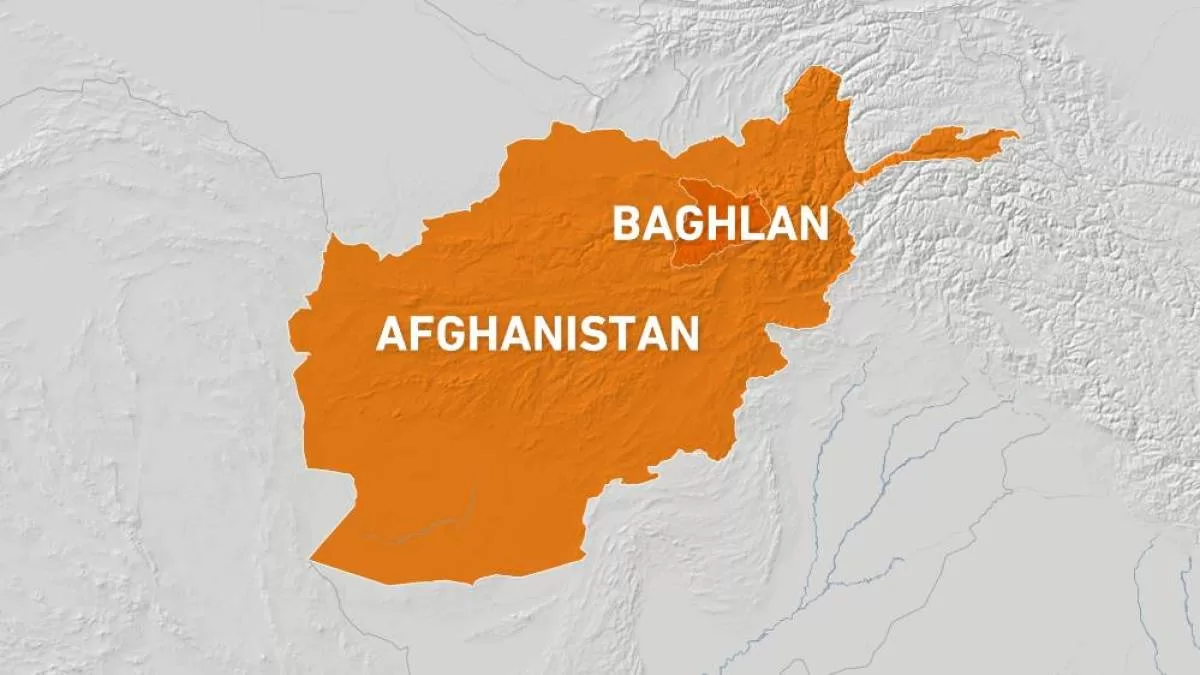Officials say residents were unprepared for the heavy flash floods, adding that the death toll could rise.
Ministry spokesman Abdul Mateen Qaniee told the Reuters news agency that there had been flooding in more than five districts in Baghlan after heavy rains, and that some families were stuck and in need of urgent help.
He added that two heavy storms had been predicted for Friday night.
“The Ministry of Interior has sent teams and helicopters to the area, but due to a shortage of night vision lights in helicopters, the operation may not be successful,” he said.
The toll was confirmed by local official Hedayatullah Hamdard, the head of the provincial natural disaster management department, who also told AFP that the death toll could rise.
Hamdard explained that heavy seasonal rains caused the flooding, and residents were unprepared for the sudden rush of water.
Emergency personnel were “searching for any possible victims under the mud and rubble, with the help of security forces from the national army and police,” he said.
Since mid-April, flash flooding and other floods have left about 100 people dead in 10 of Afghanistan’s provinces, with no region entirely spared, according to authorities.
Farmland has been swamped in a country where 80 percent of the more than 40 million people depend on agriculture to survive.
Afghanistan – which had a relatively dry winter, making it more difficult for the soil to absorb rainfall – is particularly vulnerable to climate change.
The nation, ravaged by four decades of war, is one of the poorest in the world and, according to scientists, one of the worst prepared to face the consequences of global warming.
Afghanistan, which is responsible for only 0.06 percent of the world’s greenhouse gas emissions, ranks sixth on the list of countries most at risk from climate change, experts have said.
